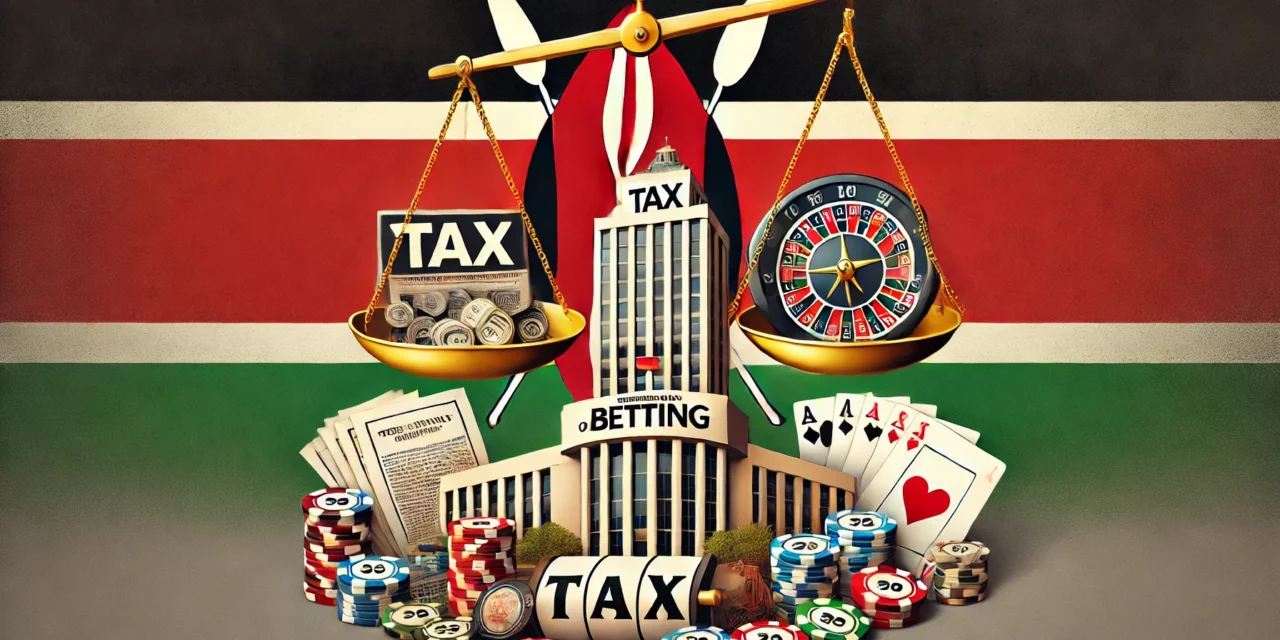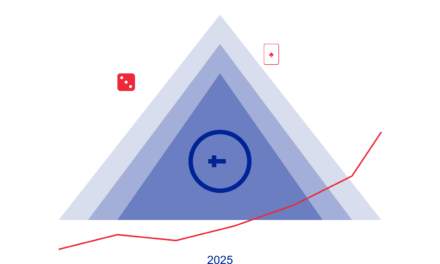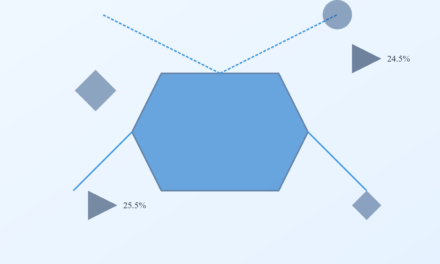The Kenyan government has proposed a significant tax increase on betting and gaming, sparking debate among industry stakeholders and consumers alike. Under the new plan, the tax rate on betting, gaming, lotteries, and prize competitions would rise from 12.5% to 15%. The proposal, introduced by the Cabinet Secretary for National Treasury and Economic Planning, aims to boost government revenue from the rapidly growing sector.
While the government frames the increase as a necessary step to enhance regulation and reduce gambling-related harms, critics argue that the move could have unintended consequences, including driving players toward unregulated platforms.
Concerns Over Black Market Expansion
Industry insiders are voicing concerns that the tax hike could backfire, pushing consumers toward black market operators offering more favorable odds and lower costs. These unregulated platforms often lack consumer protections, undermining the government’s objectives of safeguarding players and maintaining industry oversight.
“The higher tax rates may discourage players from using licensed platforms, which are already burdened with operational costs,” said an anonymous industry expert. “This could inadvertently fuel the growth of unregulated gambling, making the market harder to control.”
This fear is not unfounded. Other markets that have imposed high taxes on regulated gambling have seen a surge in black market activity, diminishing tax revenues and regulatory control.
Stricter Advertising Rules Add Pressure
In addition to higher taxes, the government is proposing tighter restrictions on advertising by gambling operators. These measures would limit the ability of licensed platforms to attract new players and retain existing ones, creating further challenges for the industry.
Operators argue that these combined pressures—higher taxes and restricted marketing—could stifle growth and innovation in Kenya’s iGaming sector, particularly as competition across Africa intensifies.
Social Concerns and Financial Impact
The tax hike is part of a broader initiative to address the social risks associated with gambling, especially among young people. The government has expressed a commitment to reducing gambling-related harms while also increasing revenue from the sector.
Another aspect of the proposed legislation includes raising taxes on money transfer services from 15% to 20%. This would directly affect betting operators, who rely on seamless payment processing to facilitate transactions. The added cost could further strain their operations, potentially leading to higher prices for consumers.
An Ongoing Battle Over Taxes
This latest proposal comes after a previous attempt by the Treasury to raise gaming taxes to 20%, which was met with resistance from industry stakeholders and ultimately scaled back. While the current increase to 15% is less severe, it still represents a significant financial burden that could reshape the market landscape.
As Kenya’s gaming sector continues to grow, balancing regulatory goals with industry sustainability remains a complex challenge. The government must carefully navigate these changes to avoid driving consumers and operators into the shadows of the black market, jeopardizing the very protections it seeks to enforce.





